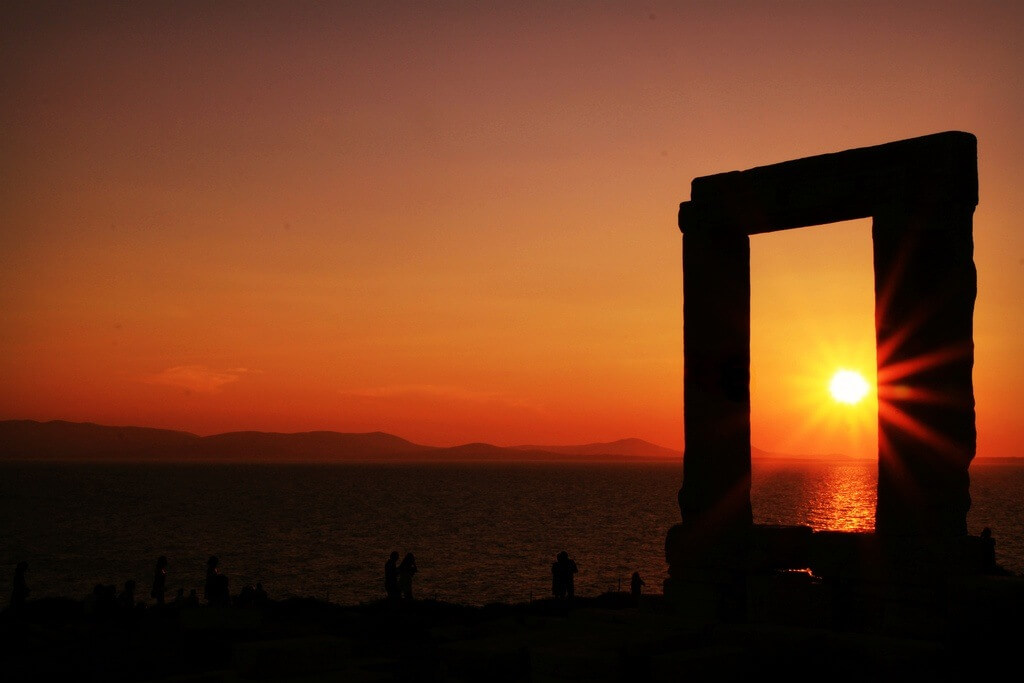Naxos City Guide

Located in the heart of the Aegean, Naxos is an island with a long history and important contribution to the creation of the Greek civilization. Naxos has been inhabited since prehistoric times. Zeus, the father of the Greek gods, was born on Crete but raised on Naxos; the island's highest peak, Zas, with an altitude of 1004 meters, takes its name from him. Dionysos, the god of wine, laid on Naxos with Ariadne, goddess of fertility. The fertility of the island is credited to their union.
Naxos, thanks to its tourist infrastructure is thought to be one of the most important islands/highlights for visitors of the Cyclades. Many locals do not engage in tourism, as they are engaged in other industries including agriculture, stockbreeding, marble quarrying, and trade. Naxos has the cosmopolitan air of a modern tourist resort but also retains its traditional colour and its folk culture.
The seemingly endless shoreline lapped by clear waters and shaded by cedars that extend along the southern coasts, as well as on the island's northern side, harbour spots of incredible natural beauty and interesting landscapes.
Devotees of windsurfing will love the island for the unique conditions it offers for their favourite sport. The meltemi, or summer winds that blow during the daytime, will be their best ally.
For cycling aficionados, Naxos offers unique routes.
Hikers and nature-lovers and those who love exploring will have the opportunity to get to know a veritable paradise with scores of paths crossing it.
Visitors interested in learning about the way of life of the inhabitants of the island and its folk culture should explore its interior part, the villages, where visitors are always welcomed.
The island is also a trove of culture and history, with a number of noteworthy monuments, remnants of different historical periods. It's also an excellent summer holiday destination for those for whom vacations are synonymous with night-life as Hora in summer doesn't sleep.


